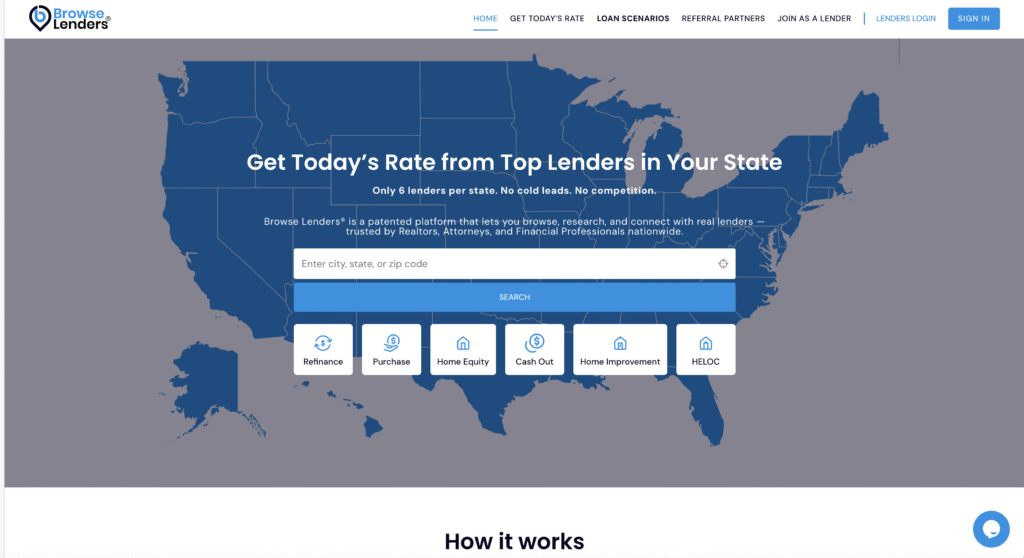Credit reporting agencies, also known as credit bureaus, are companies that collect and maintain credit information on individuals and businesses. The information collected by these agencies is used by lenders, landlords, employers, and other entities to make decisions about creditworthiness, risk, and trustworthiness.
There are three major credit reporting agencies in the United States: Equifax, Experian, and TransUnion. These agencies are regulated by the Fair Credit Reporting Act (FCRA) and are required to provide consumers with access to their credit reports, as well as the ability to dispute inaccurate or incomplete information.
Credit reports contain a variety of information about an individual’s credit history, including their payment history, credit utilization, length of credit history, and credit mix. This information is used to calculate a credit score, which is a three-digit number that represents an individual’s creditworthiness.
There are several reasons why credit reporting agencies are important. First, they allow lenders to make informed decisions about whether to extend credit to a particular individual or business. Second, they help individuals and businesses monitor their credit history and identify any errors or inaccuracies that may be negatively affecting their credit score. Finally, credit reporting agencies play an important role in detecting and preventing fraud, identity theft, and other forms of financial crime.
Despite their importance, credit reporting agencies have faced criticism in recent years for a variety of issues. One of the most significant concerns is the accuracy of credit reports, as errors and inaccuracies can have a significant impact on an individual’s credit score and ability to obtain credit. Additionally, some have raised concerns about the amount of personal information collected and stored by credit reporting agencies, and the potential for this information to be misused or mishandled.
To protect your credit score and ensure the accuracy of your credit report, it’s important to regularly review your credit report and dispute any inaccuracies. You can request a free copy of your credit report from each of the three major credit reporting agencies once per year, or more frequently if you have been denied credit, employment, or insurance based on your credit report.
In summary, credit reporting agencies are an essential component of the credit system, providing lenders with critical information about an individual’s creditworthiness and allowing individuals and businesses to monitor and manage their credit history. While there are some concerns about the accuracy and security of credit reports, these agencies play a vital role in ensuring the integrity and stability of the credit system.






